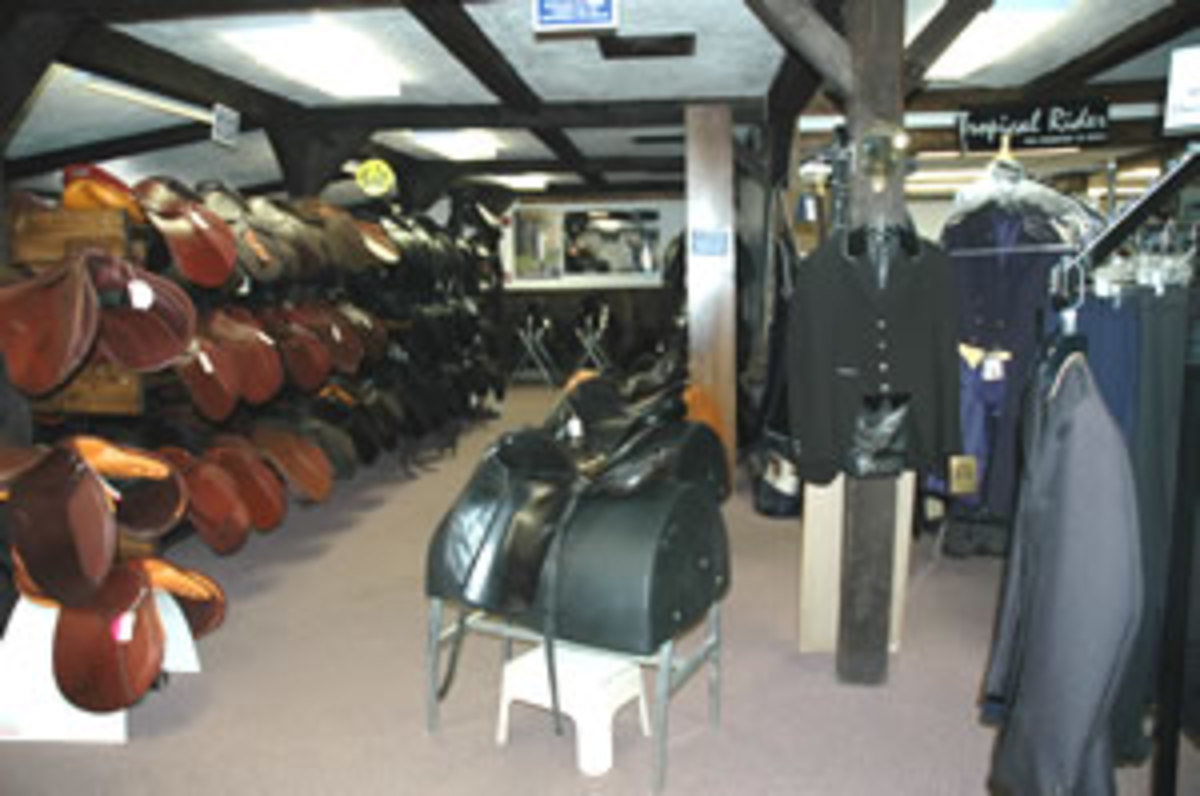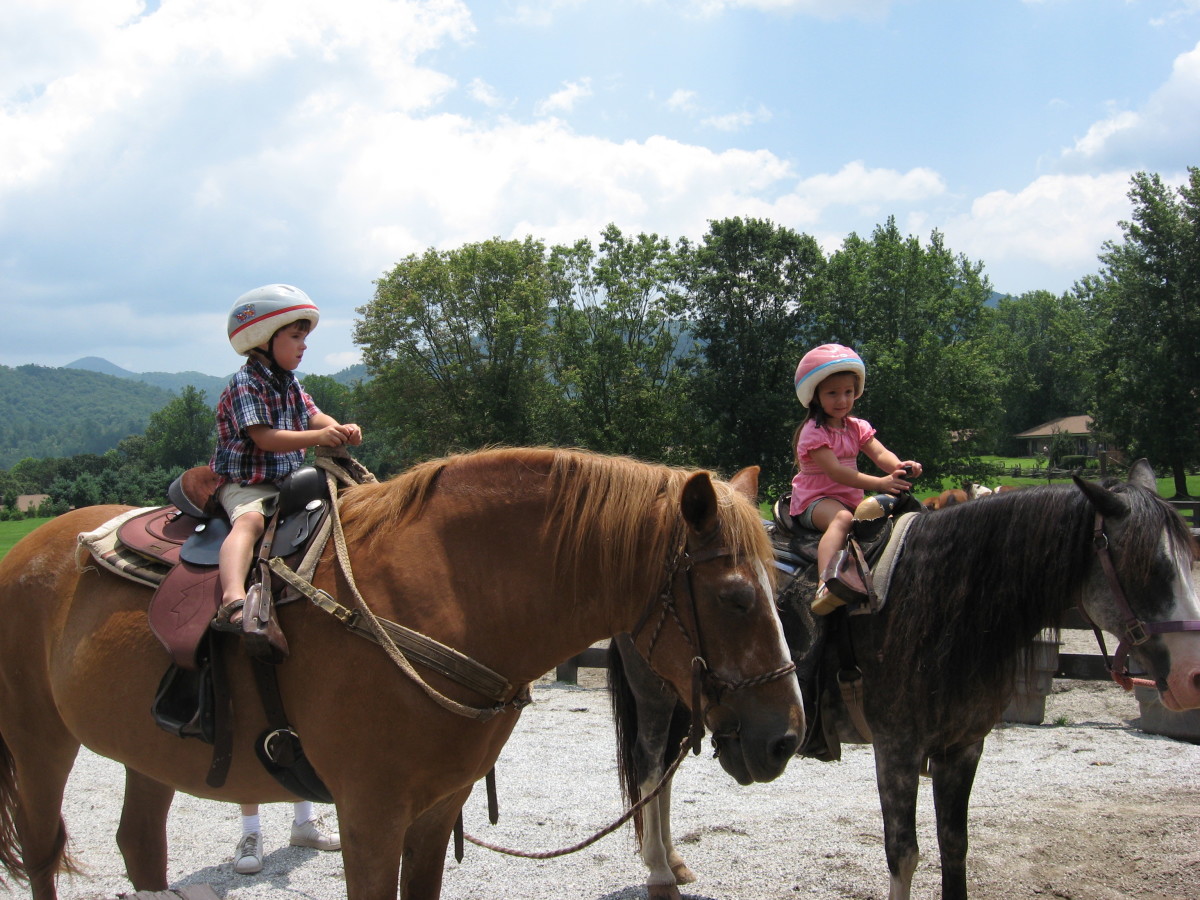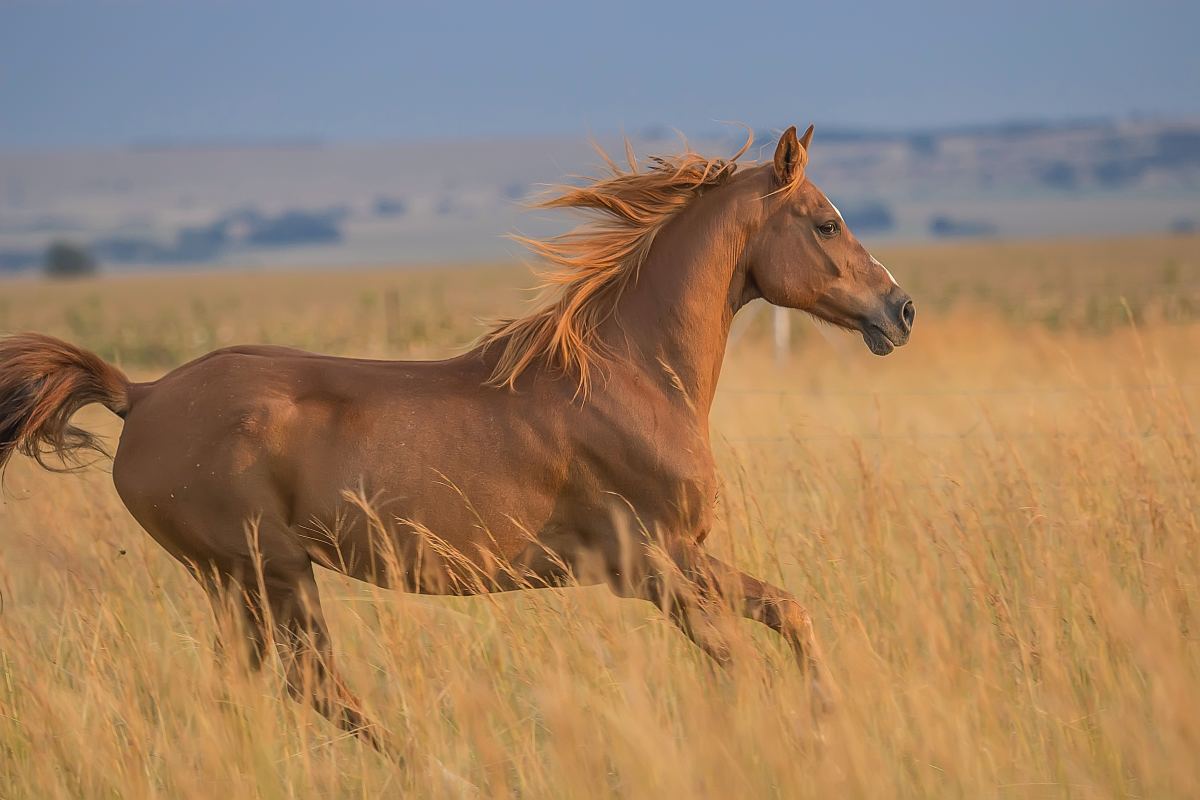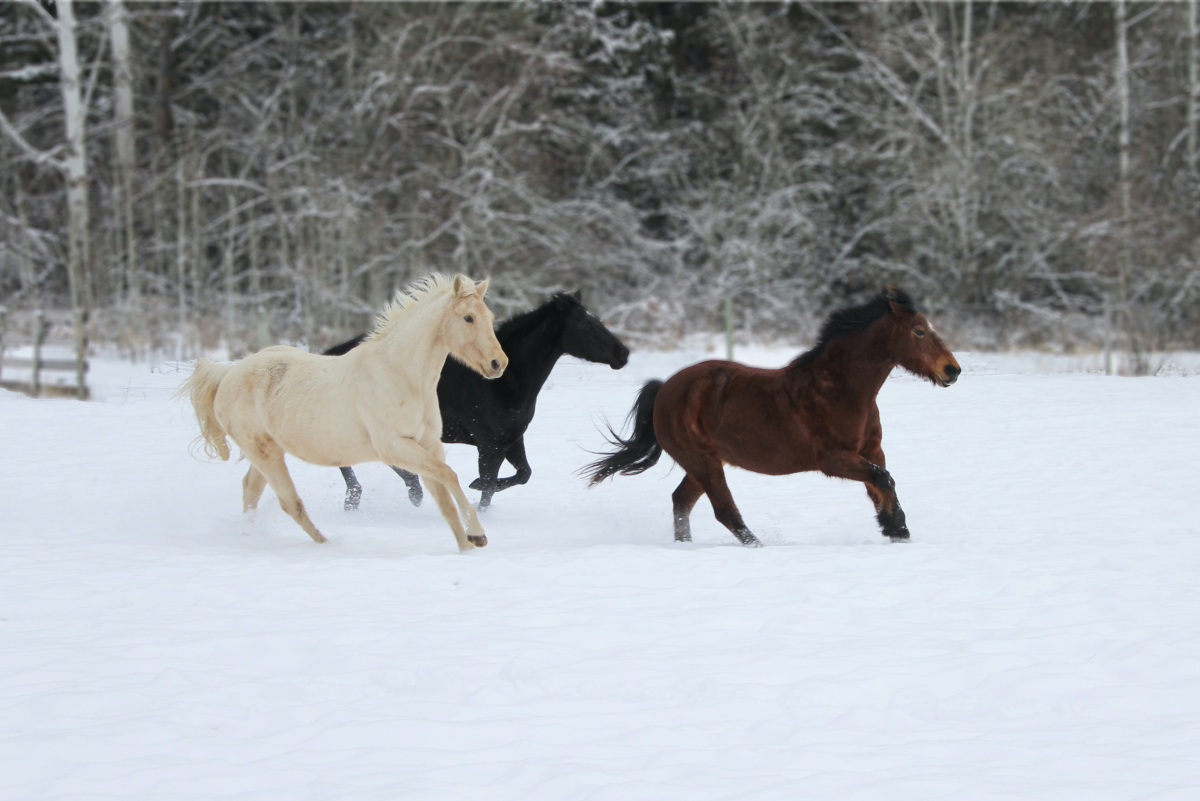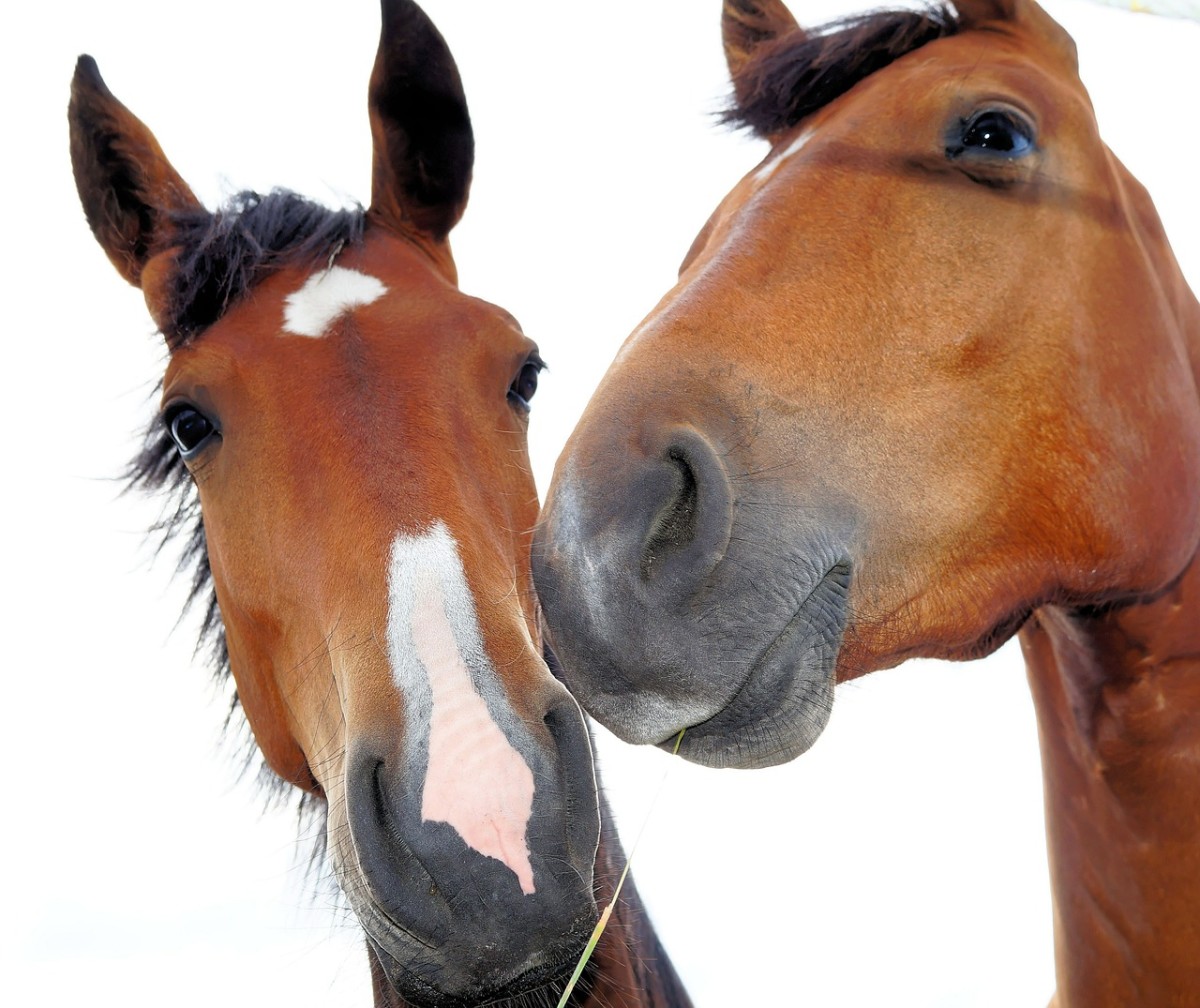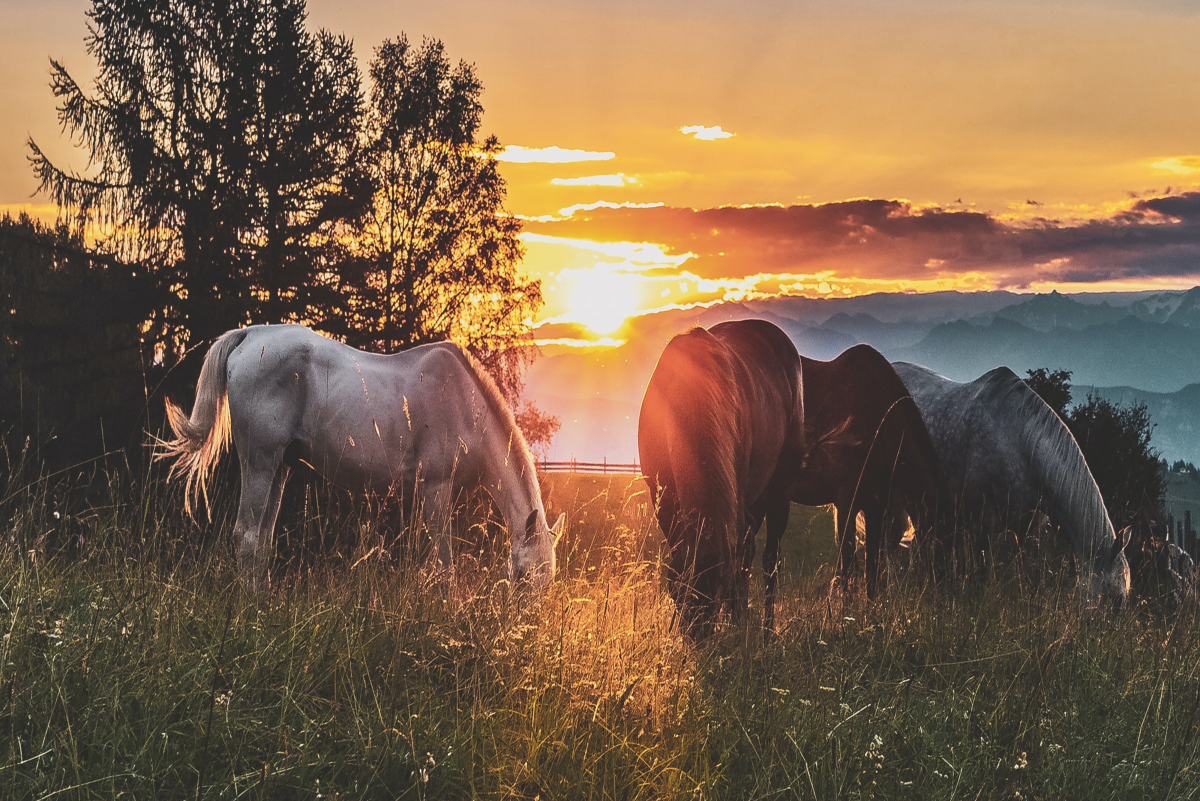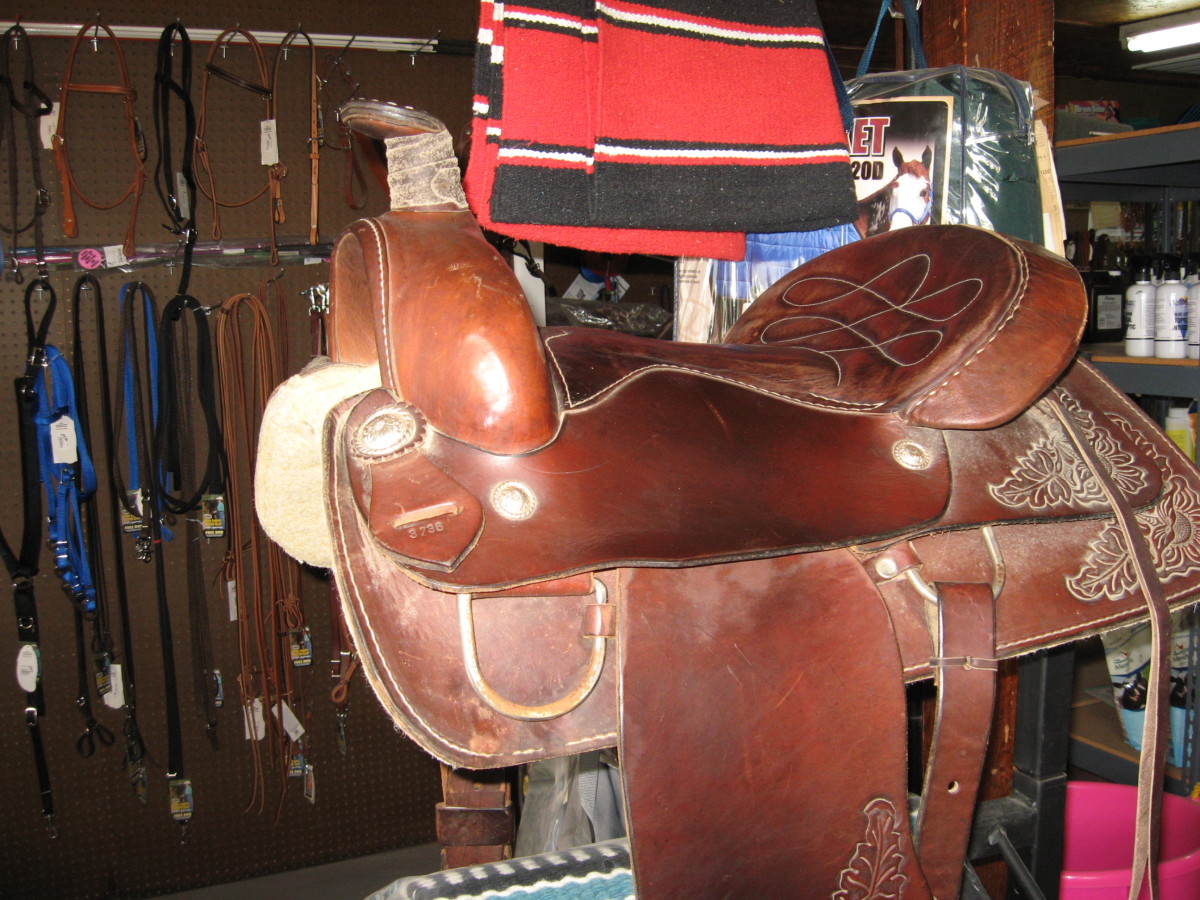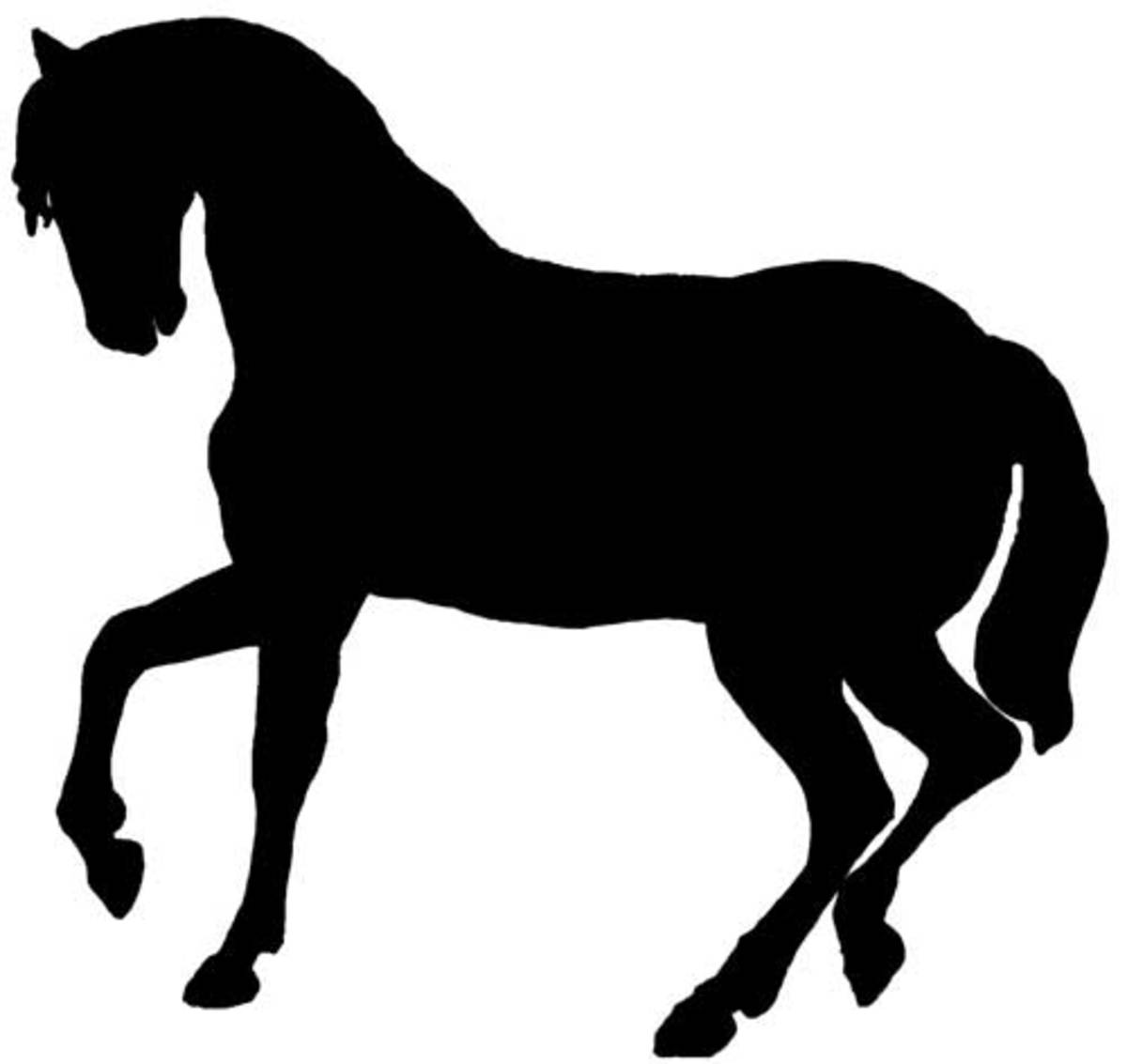External Parasites: Bugs are Bugging My Horse
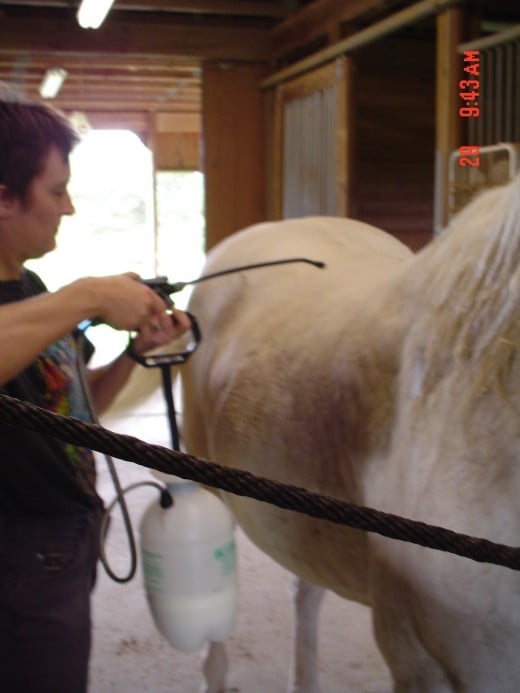
Controling External Parasites
Warm weather is here, and so are the bugs! External parasites are those that live on, or get its food from a host, which in our case is the horse. Our horses are primarily affected by these parasites in warm weather. This is when flies, gnats, mosquitoes, chiggers, lice, mites, and ticks are most prevalent. These bugs can affect your horse both directly and indirectly in a very negative way.
Blood sucking insects such as flies, mosquitoes and gnats cause irritation to the horse's skin, weight lose, and disease. Rubbing and scratching to relieve the itching, can lead to secondary infections.
Biting insects spread diseases like equine infectious anemia, West Nile Virus, and equine encephalomyelitis (sleeping sickness.) Flies also transmit stomach worms.
A horse can lose 15-20% of its body weight trying to escape the irritation of not only biting insects, but also those that do not bite such as house and face flies. A horse can even become injured in its attempts to escape the torment of these bugs.
The best way to control the insect population is with good hygiene. Keep the stalls and barn area, including pens and paddocks, clean, dry, and free of manure. Break up and spread manure in pastures.
Mosquitoes breed in water, so ridding your farm of standing water will help control their population. Mosquitoes are most active at night; so insect repellent may have to be reapplied before turning horses out at night.
Ticks and chiggers can cause severe itching and dermatitis. In addition ticks carry disease such as Lyme disease, Colorado tick fever, and Rocky Mountain spotted fever which can be fatal. They also cause anemia, lose of appetite, and general poor health. You should examine your horse for ticks after trail rides and look for them whenever you groom. Many insecticides for horses repel or kill ticks, so it is a good idea to use one of those products.
Lice and mites are also external parasites that sometimes affect horses. These are not common among horses where good hygiene is practiced.
There are two kinds of lice, sucking and biting. It is more likely for a horse to be infested with lice in the winter, when the hair is thick and long. Two treatments of insecticide sprayed or washed on, one week apart, are required to rid your horse of lice.
The three types of mites are sarcoptic, psoroptic, and chorioptic. Louse and mite infestation can cause anemia and weight loss when it is severe. The itching caused by the mites and lice lead to scratching and secondary skin infections. Mites cause mange. All three types of mites are treated by weekly applications of an insecticide.
Remedies
It is a good idea to have your veterinarian's advice in what to use to treat your horse for lice or mites. Very often, the insecticides should not be used if the horse is sick or taking any kind of medication. The stall should be stripped and fumigated.
There are many repellents that can be sprayed or wiped directly on your horse to rid it of flies, mosquitoes, ticks, chiggers, fleas and lice. Water based repellents will have to be applied more often that an oil based product. Gels and spot-on, wipes, roll-ons, ointments products are some other forms of repellents and insecticides on the market.
Those who prefer a more holistic approach will want to try some of the all-natural products. Most contains citronella or other herbs and spices that ward off external pests.
Stable sprays also help, but make sure any insecticide you use is safe for you, your horse and the environment. Flytraps loaded with bait or a sticky substance can be hung in the barn area to reduce fly populations. Flysheets and fly masks also offer some protection.
A preventive measure that calls on Mother Nature's help is the fly predators or parasite wasps, which lay their eggs inside fly larvae. The fly dies before reaching maturity, thereby breaking the reproductive cycle. Another method of stopping the fly life cycle are feed supplements that work by stopping the development of fly larvae in the manure of treated horses. Other feed-through supplements contain garlic and other natural ingredients that cause an odor on the horse that repels insects.
As always, prevention is the best cure. Clean stalls and turnout paddocks daily. Keep your horse in a clean and dry environment. Opening the barn doors and windows to let the sun light in will help keep the stables dry and reduces bacteria and fly population. It also makes for happier horses when they can see outside their windows.

